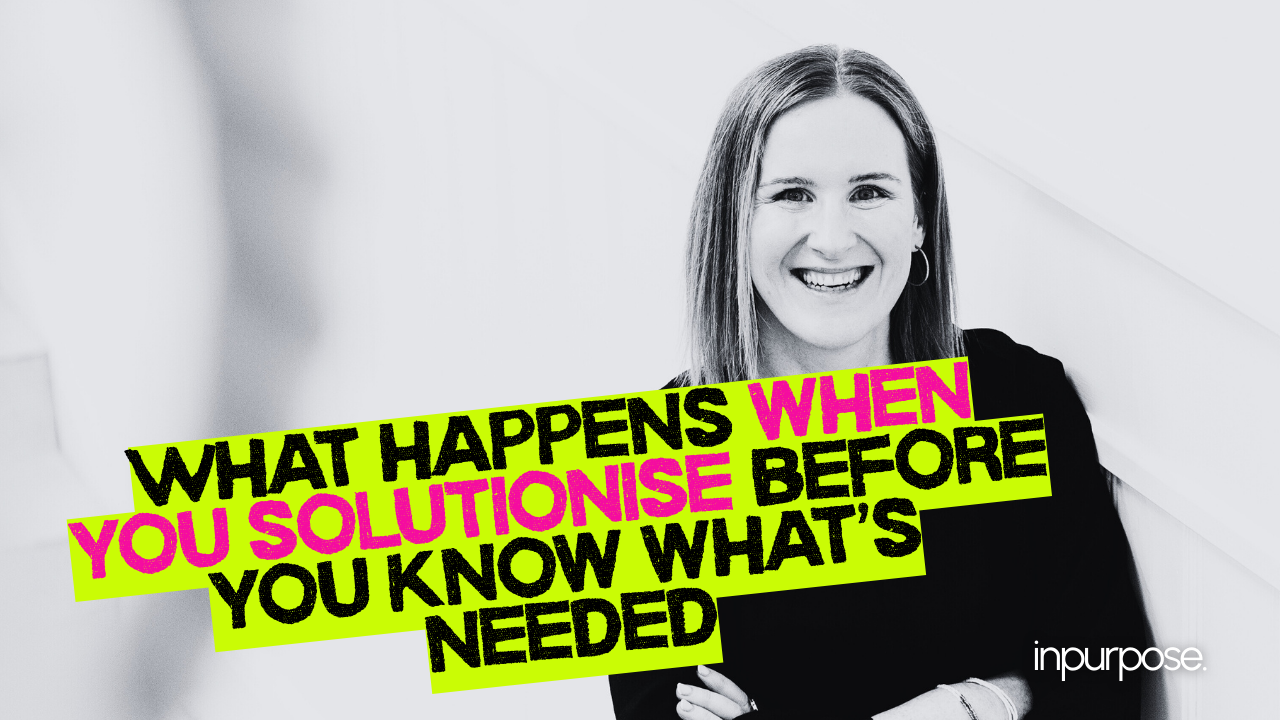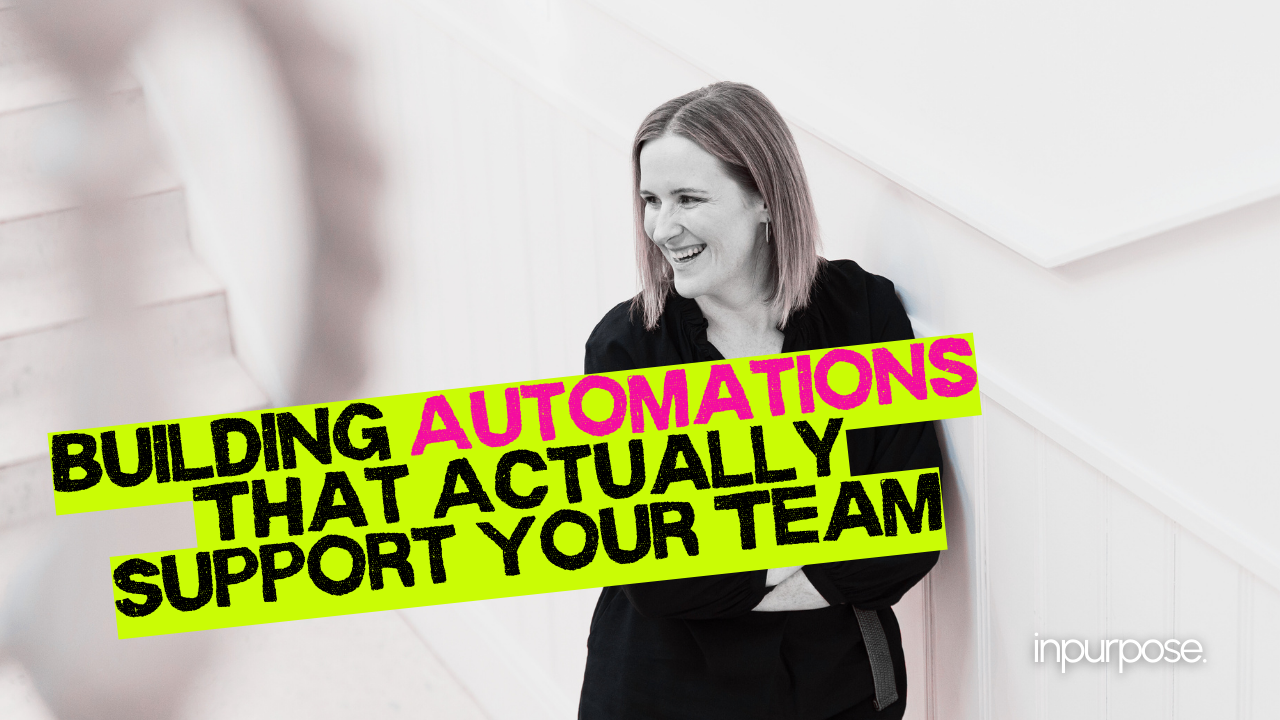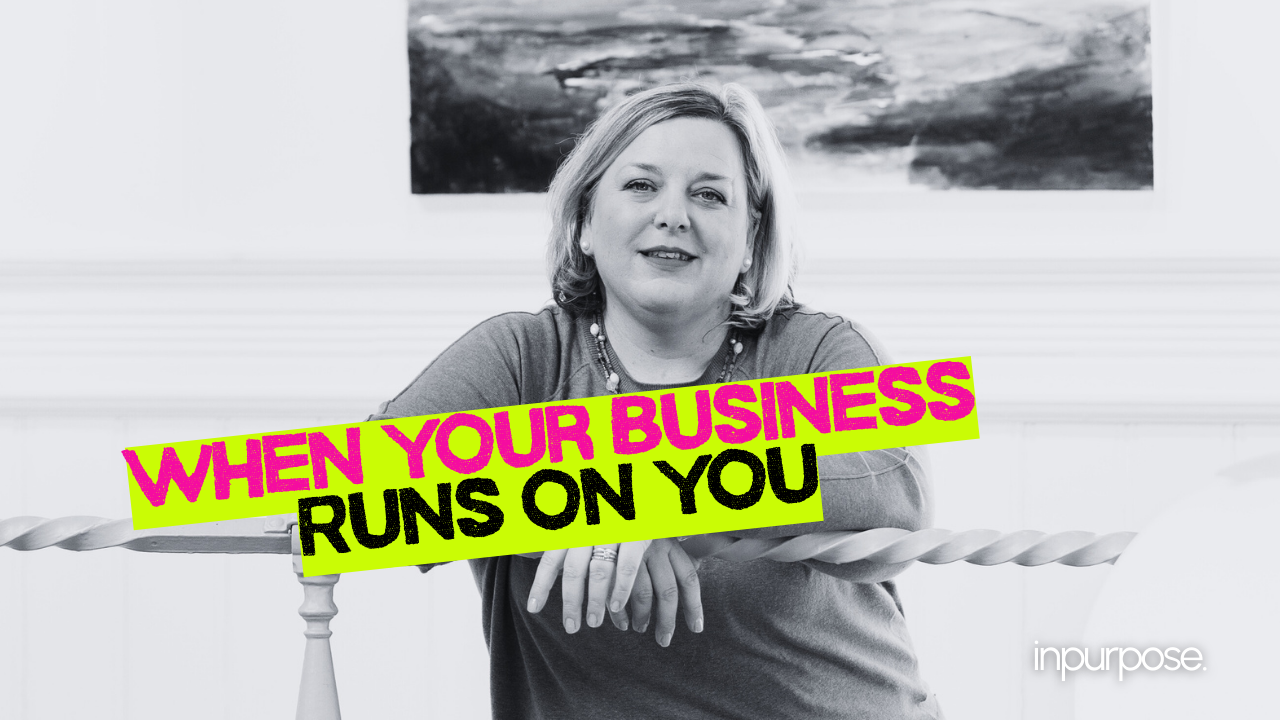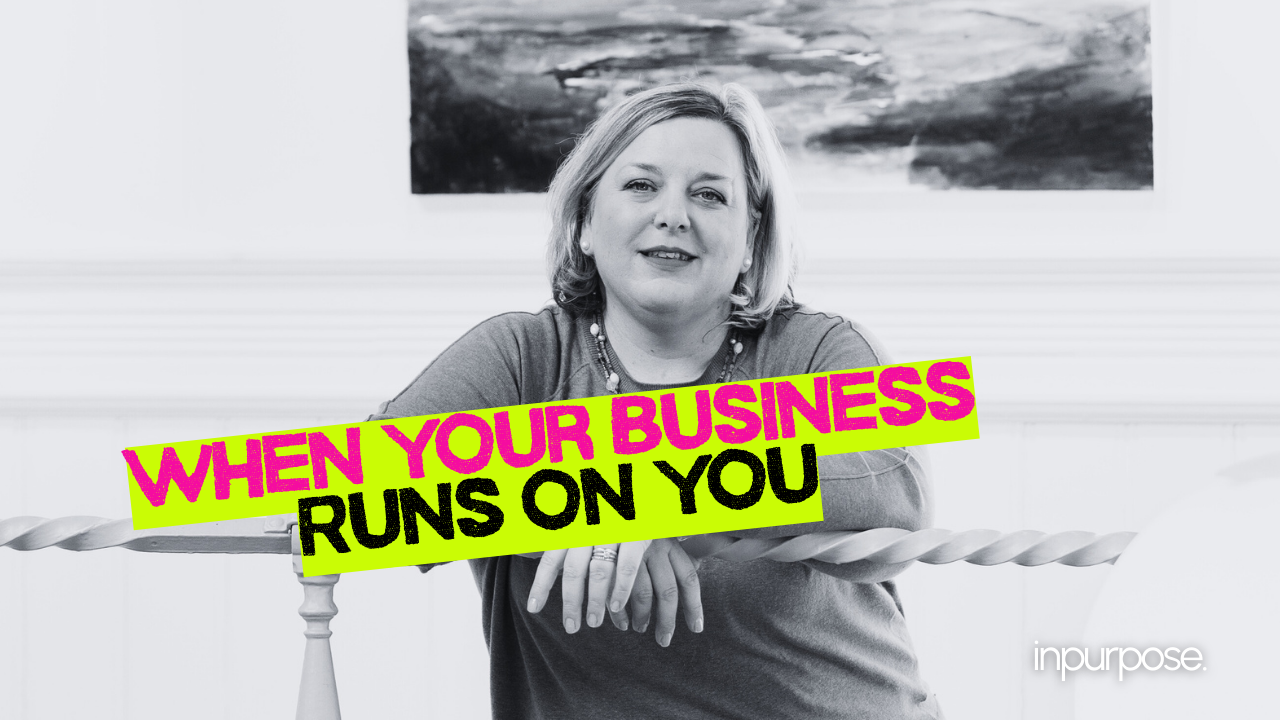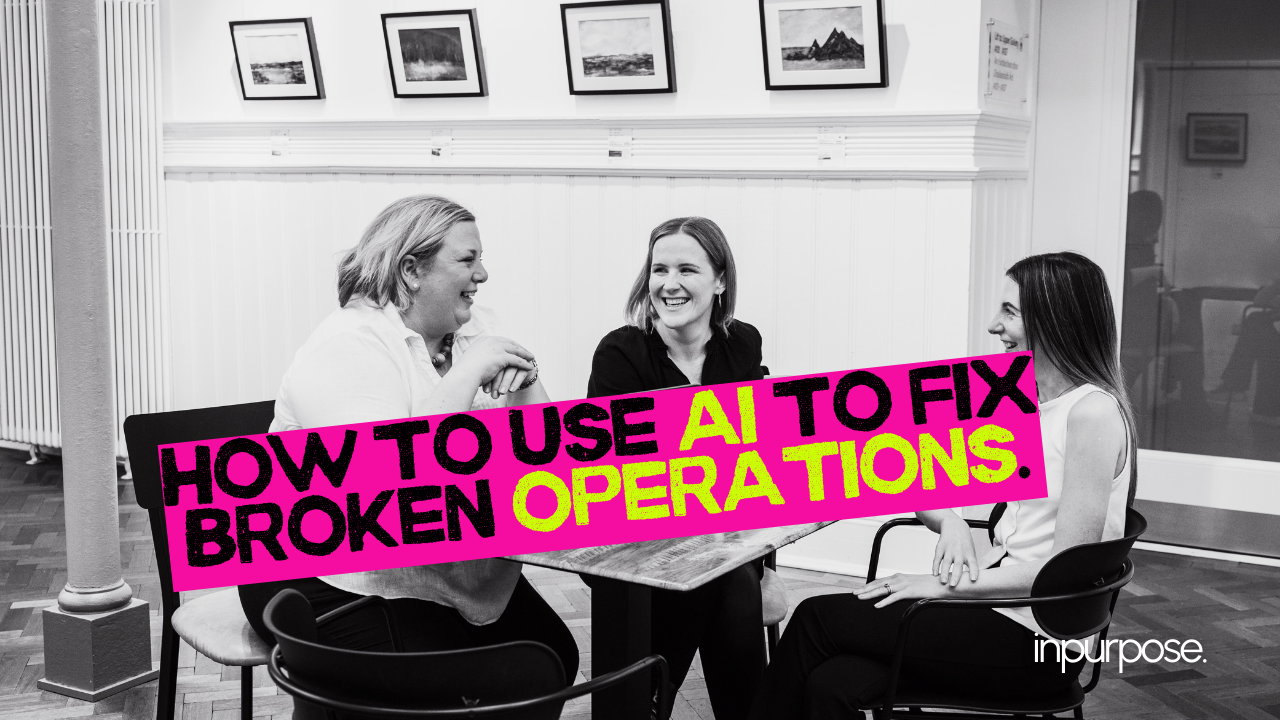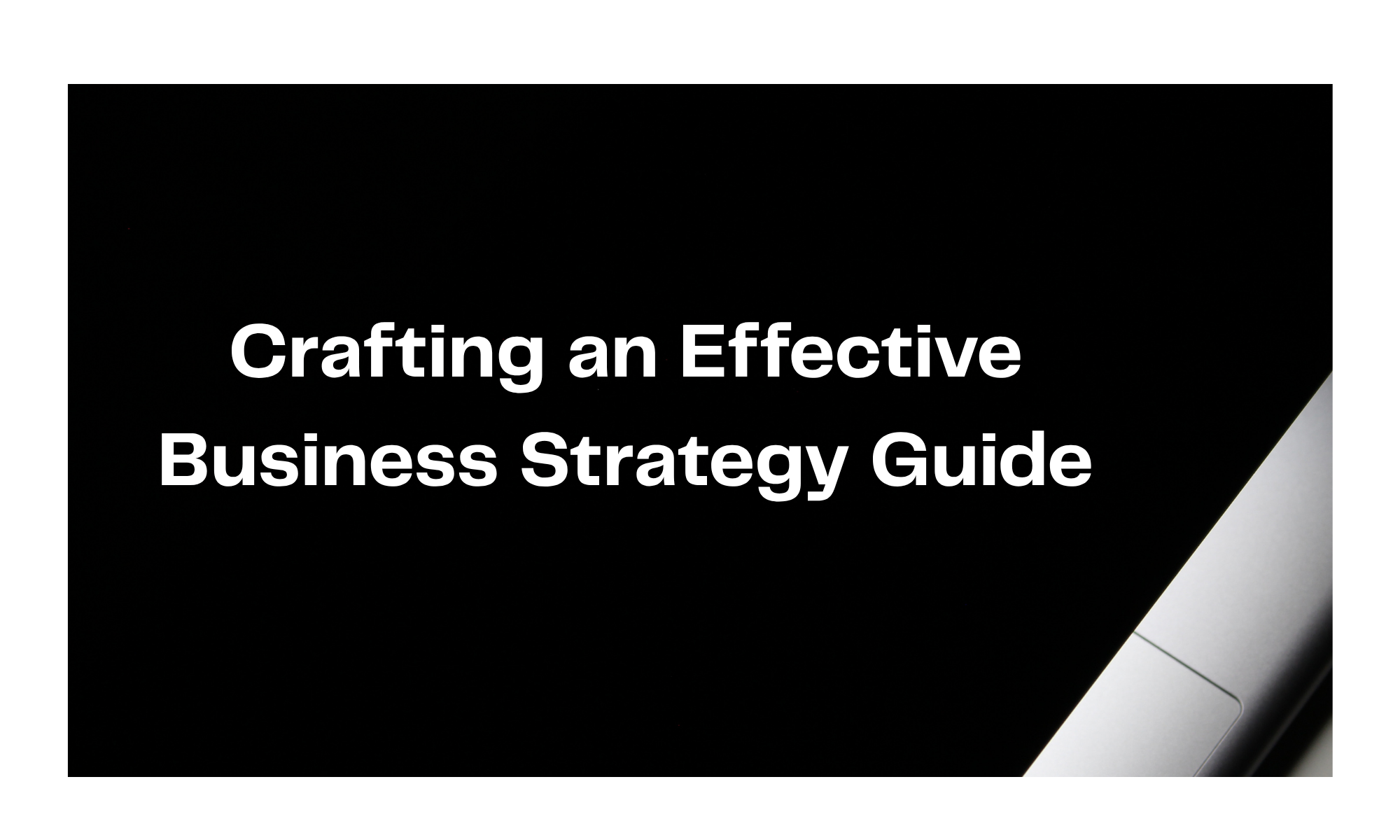We work with experienced, talented founders who are growing successful businesses and want them to run better.
This space brings together the insights, questions, and practical tools that arise in our work every day. It’s for leaders who care deeply about their teams, their clients and their own pursuit of excellence.
What happens when you solutionise before you know what’s needed
Many small businesses reach a stage where operations slow down and everyday effort becomes harder to sustain. Tasks overlap, projects lose momentum, and communication drifts between people and tools. Leaders often turn to software in search of order and consistency across their teams.
When small admin tasks start running the whole day
Every small business reaches a point where the hours disappear into small, repetitive tasks. You open your laptop ready to make progress, and by the afternoon, the day has gone on emails, scheduling, and follow-ups. The admin always feels urgent, so it wins your attention.
Building Automations That Actually Support Your Team
Most businesses approach automation backwards. They buy software because it promises to save time, then force their team to adapt to how the tool works. Six months later, the expensive automation sits unused while everyone works around it using spreadsheets and manual processes.
How to Document Business Processes for Growing Teams
Learn how to capture operational knowledge and build scalable processes that reduce founder dependency. Practical systems thinking for SME leaders from inpurpose.
How founder-led SMEs can use AI to fix broken operations
AI will not fix a broken business on its own, but for founder-led SMEs it can be a powerful lever once the basics of how the business runs are clear.
Fix Your Broken Workflows
Your business does not have to run on you. It can run on systems that support both people and performance. Systems that create clarity instead of confusion.
Welcoming Iris Thompson-Burton to inpurpose
It’s a big month for inpurpose. Next month, we celebrate our first year in business and we’ve just been named Professional Services Start-Up of the Year (Scotland) at the UK Start-Up Awards.
And now, we have more great news to share.
How to Write a Strategy: A Guide to Effective Business Plans
Learn how to write a strategy with our comprehensive guide on crafting an effective business strategy. Explore SWOT analysis, SMART goals, and more!
Why I built Working With Me
Teams don’t struggle because people don’t care; they struggle because the way we work together hasn’t been built with real people in mind. I’ve spent over two decades leading teams in business, the public sector, and politics, and believe me, I’ve made all the classic mistakes.
Why universal design makes teams work better
Universal design is about building in accessibility and clarity from the start. Instead of expecting people to ask for what they need, it creates an environment where those needs are already considered.
How to build trust in small business teams
You can’t build a strong team without trust. But in small businesses, trust isn’t about away days or personality tests. It’s about how people show up every day, how decisions get made, and how the team works together under pressure.
High-performing teams don’t happen by accident
When a team works well, it’s easy to think it’s just good chemistry or luck. But high performance isn’t something you stumble into. It’s something you design, build and protect — especially in small businesses where every person makes a difference.
How to build team habits that actually stick
Most founders want their teams to be more consistent. Better follow-through, clearer communication, fewer surprises.
The usual fix? A new tool, another meeting or an all-hands on expectations. But unless those changes become habits, nothing really shifts.
What accountability actually looks like in a small team
Accountability is one of those words that gets used a lot but rarely means the same thing to everyone.
In small teams, it’s often confused with pressure. Or performance reviews. Or just doing what you’re told. But real accountability isn’t about checking up. It’s about people taking responsibility and following through — without everything needing to run through the founder.


